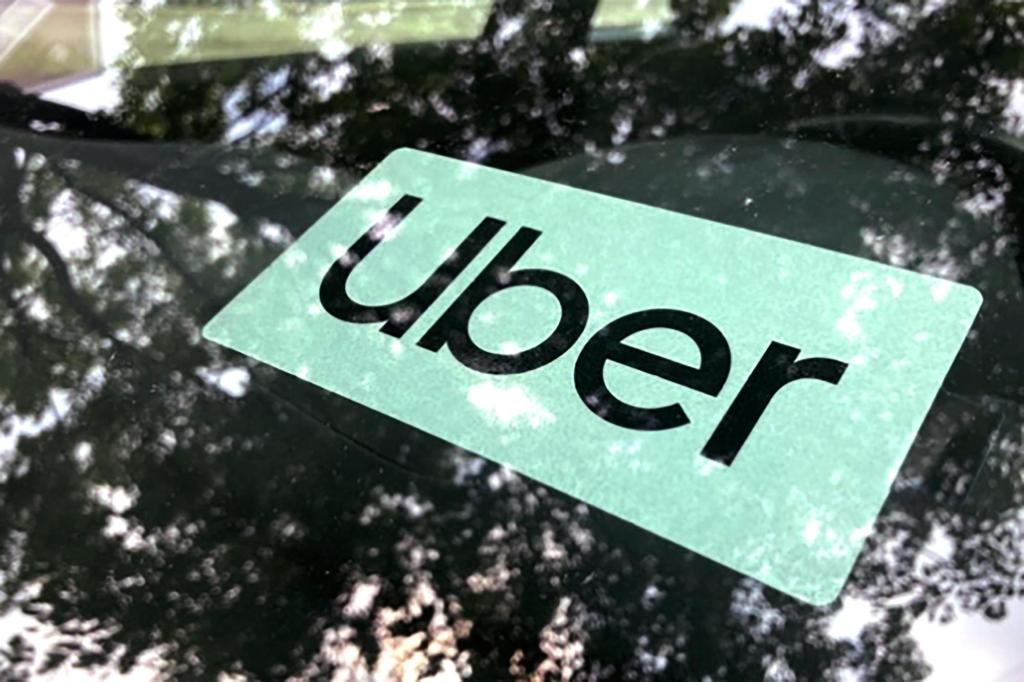
Ridesharing has provided innumerable benefits to California workers and consumers. Until Uber and Lyft arrived, ride-seekers were reliant on outmoded taxicab operations. For riders, that meant calling 800 numbers or standing in the street to flag a cab. Cars often were grimy. Drivers were stuck paying off the massive costs of medallions—the inflated fees cab companies paid for a permit.
Now, rideshare drivers—the vast majority of whom perform this work on a part-time basis—can choose their own hours. Consumers can easily hail rides from their phones. But unions didn’t like the set up and they enlisted the help of Democratic lawmakers to squelch this burgeoning industry.
The latest news is that Gov. Gavin Newsom, the Legislature and SEIU have muscled Uber and Lyft into accepting a deal that allows drivers to unionize. It’s understandable why the companies relented. They’re hoping that the state will finally call a truce. Under the terms, the companies must let drivers unionize, but they will continue to treat them as independent contractors. They also receive reduced insurance requirements.
As ridesharing surged, the California Supreme Court in 2018 issued its Dynamex decision. The court forbade companies from classifying workers as independent contractors except in narrow circumstances. Lawmakers then codified the decision in Assembly Bill 5. It disrupted independent contracting in myriad industries. The Legislature ultimately exempted more than 100 industries. Voters exempted ridesharing by passing Proposition 22 in 2020.
The state continued to fight, but the state Supreme Court in 2024 upheld the measure—although it tossed out a provision restricting drivers’ ability to unionize. Newsom and lawmakers used that opening to strong-arm the companies, although the deal does not give drivers an explicit right to strike.
Prices will no doubt rise, but ridesharing can continue. Imagine the more productive uses of the millions of dollars those companies had to spend on legal fees and initiative campaigns. Here’s what this says to other innovators: If you come up with an idea that shakes up the status quo, the state will try to put you out of business.



